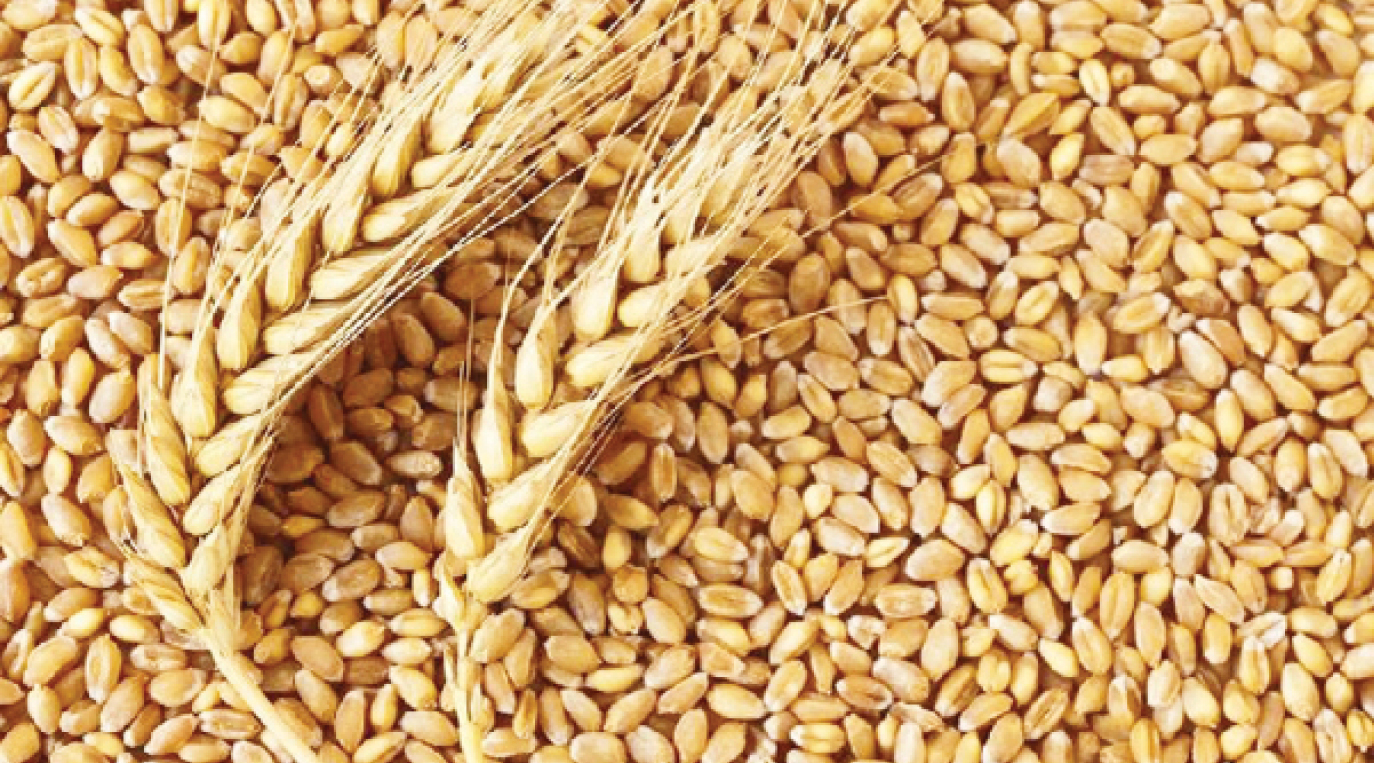Despite low harvest recorded by several wheat farmers as a result of climate change, which reduced the productivity of most food grain crops, some Yobe wheat farmers have witnessed bumper harvest.
Daily Trust on Sunday gathered how climate change affected some wheat farmers in Yobe and Jigawa states, which lowered the yields and stability that affected many plant species by high temperature.
Our correspondent visited Bade, Bursali and Nguru local government areas of Yobe State to interview wheat farmers, and some of them said that despite the high cost of fertiliser, fuel and labour, as well as numerous challenges associated with farming, they still harvested good yields and made profit.
Tasiu Nasiru, a wheat farmer in Mashangware village, Bade Local Government Area, told Daily Trust on Sunday that while some farmers counted loss, he and his friends recorded bumper harvest.
- New technology: Kano establishes 254 demonstration farms in 22 LGAs
- Stolen paddy: Farmers in pain, seek spiritual help
“When some farmers in my village counted losses, others made profit. Most of our farmers harvested their crops and it was encouraging.
“Farmers that delayed sowing as a result of high expectation of inputs from the government, and lack of seriousness are the most affected.
“Serious farmers like me are counting profit. For example, I spent over N500,000 but raised N1.5 million after I sold my wheat, which I harvested just three months ago.
“I bought four bags of both Urea and NPK fertilizer. I also spent over N100,000 for fuel. But I didn’t pay anything for labour because I am doing the job by myself, and my relatives.
“To be honest with you, based on my calculation and prediction, the number of people who recorded profit has superseded the number of lamenters. Most of my friends have made profit,” he said.
Another farmer in Usur village, Bursali Local Government, Malam Musa Ibrahim, told Daily Trust on Sunday that farmers who spent much on their farms benefitted a lot when compared with those who didn’t spend.
“Those that lacked good management are the ones crying now, but some of us are giving praises to God because our labour has paid.
“Some of my friends harvested 70 to 80 bags of wheat while some farmers had more, so it is based on your commitment to your farm. The most important aspect of it is that a bag of wheat is now N70,000, which is indeed encouraging.
“I planted early and that is why the yield became fruitful. I wish some of our farmers who have counted lossed would emulate me.
“I have been in wheat farming for over 20 years now, so I know its logic and what it needs; that is why I have never encountered these problems. This year alone, I harvested 70 bags, which I sold at N67,000 per bag.
“I received N4,690,000 after I sold my 70 bags of wheat. I realised that all the money I spent on the farm was not up to N1 million, so over N3 million has been counted as profit.
“What I earned last year was a loss compared with this year. To me, wheat farming this year became a blessing because I paid all my bills and I am well prepaid ahead of next farming season,” added.
The chairman of Wheat Farmers Association, Yobe State chapter, Alhaji Adamu Aliyu, told Daily Trust on Sunday that farmers who sowed their crops on time recorded bumper harvest.
“When the sowing date is delayed, it results in a reduction in the growth and development of plants. These expose wheat to low temperatures during the growth. You know what crops need to be sowed in a cool climate so that they will germinate.
“Those farmers that are lamenting now should blame themselves because they refused to do the needful at the appropriate time.
“Based on the information we gathered, our farmers in Yobe State are counting profits. Some of them have already repaid the loans they took from relatives, friends, wealthy individuals and financial institutions.
“As a farmer, if you take your wheat to the grain market now, traders will buy it instantly at the cost of N70,000, which is encouraging.
“Despite the issues of climate change, high cost of labour, fuel subsidy removal and high cost of fertiliser, wheat farmers have been making reasonable profits,” he said.

 Join Daily Trust WhatsApp Community For Quick Access To News and Happenings Around You.
Join Daily Trust WhatsApp Community For Quick Access To News and Happenings Around You.


